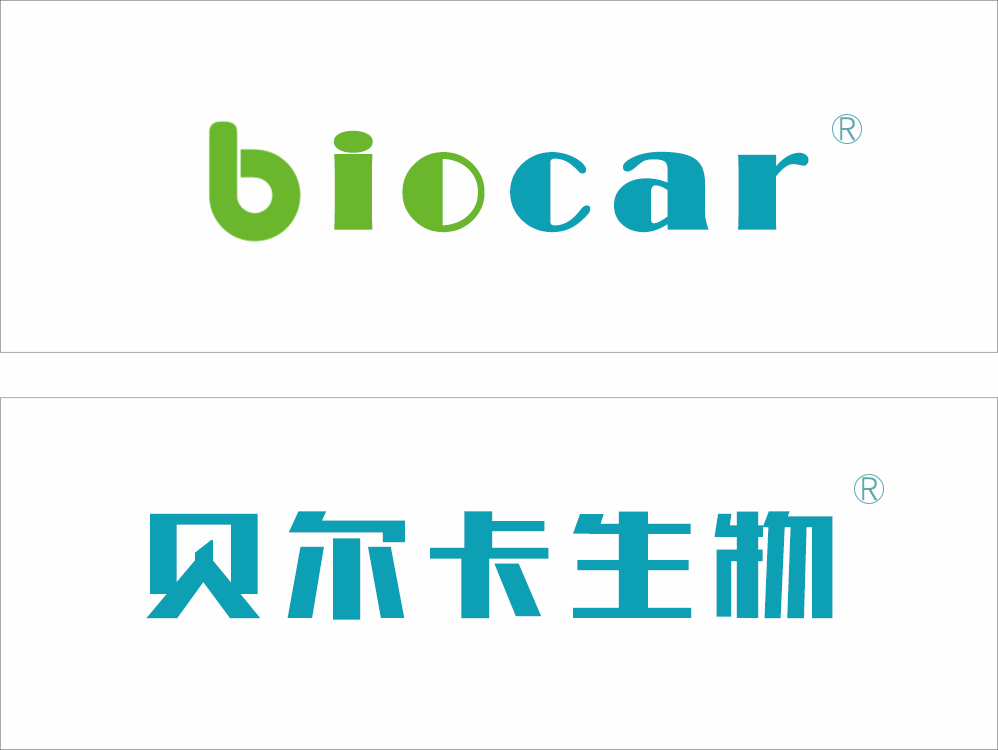- Local anesthesia, Sedative powder(4)
- Estrogen Powder(19)
- Antiviral(1)
- Cosmetic raw materials(2)
- Veterinary Material(24)
- Peptides Products(24)
- Plant Extracts(20)
- Health Care(3)
- SARMS(2)
- Nootropics Material(6)
- Promotion API(171)
- Pesticides Powder(31)
- Anabolic Steroids(22)
- Veterinary drugs(2)
- Sex Supplements(6)
| Guangzhou?Biocar?Biotechnology?Co.,Ltd. | |
|---|---|
| Country: | China |
| Tel: | 13397196830 |
| E-mail: | carrie@gzbiocar.cn |
| QQ: | |
| Skype: | Chat Now! |
What are the benefits of Isoflavones?
Release time: 2022-03-23
Isoflavones are organic (carbon-containing) compounds that are a type of flavonoid; flavonoids are good antioxidants. The main food source of isoflavones is soy, especially soy and soy-containing products. Isoflavones are phytoestrogens (from plants with estrogen-like hormonal properties) and are also good antioxidants, with research showing anti-inflammatory and antibacterial properties. Scientists believe they may also play a role in the prevention of some chronic diseases, including heart disease and cognitive impairment.
Isoflavones may provide proestrogenic or antiestrogenic activity, depending on preexisting estrogenic activity. Studies have shown that menopausal women who consume more soy products and soy isoflavones have fewer hot flashes and improved quality of life. They also have better bone health, which can help prevent osteoporosis and ultimately prevent bone fractures. Additionally, a diet rich in beans and soy foods may help reduce the risk of chronic breast disease.
Beans are the most common source of isoflavones. They include:
Soy Foods and Soybeans, chickpeas, Beans (black, pinto, kidney, etc.), peanut, nut
1. Isoflavones and Cardiovascular Disease
Heart disease is the leading cause of death in the United States, Europe and Asia. Unfortunately, premature deaths from heart disease and heart attack will continue to increase as more and more countries adopt a Western lifestyle in place of a healthier traditional diet. The study found that blood pressure and other metabolic parameters (glucose, insulin, and insulin resistance) were significantly reduced after taking isoflavones.
2. Isoflavones and Bone Health
Bone density decreases with age. Both men and women are at risk of developing osteoporosis, and women are more affected than men; osteoporosis is a bone disease that affects an estimated 200 million people worldwide. Before a person develops osteoporosis, they experience a condition called osteopenia, where the bones become thinner than normal. When osteoporosis occurs, bones become thinner and more fragile. Soy isoflavones may offer protection.

